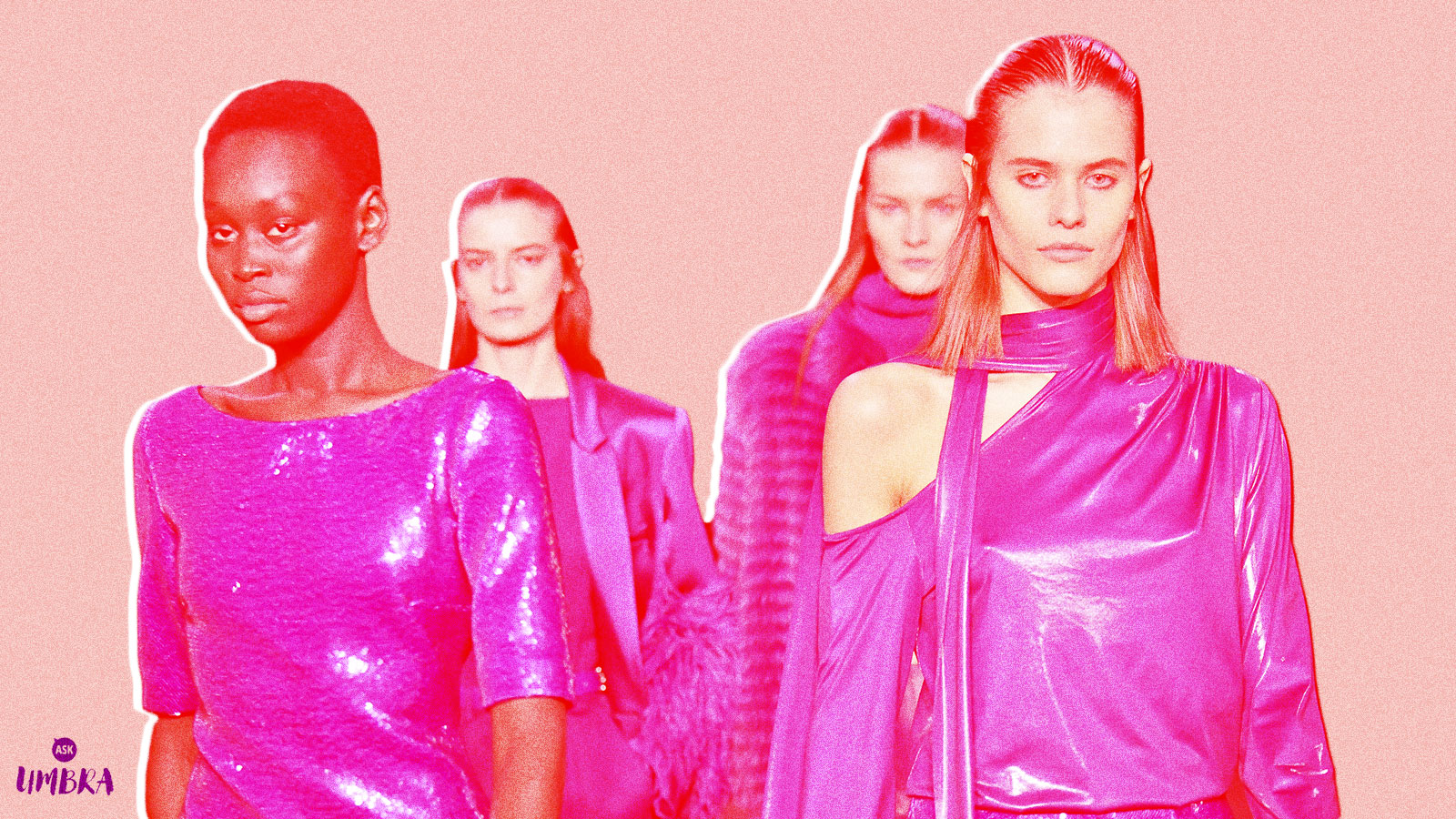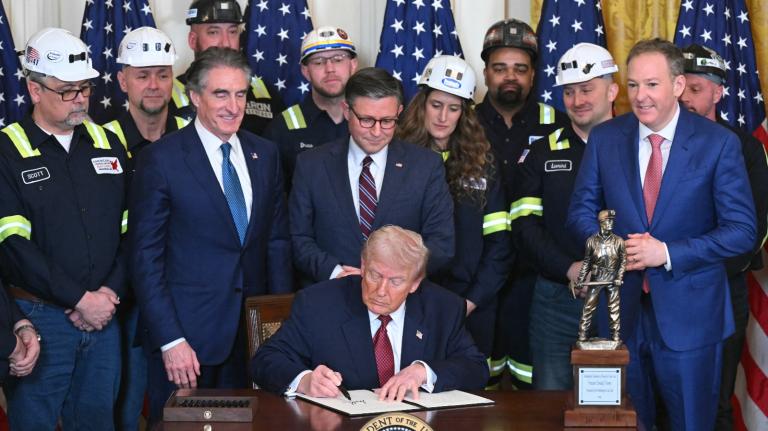Q. Dear Umbra,
I recently bought some really cute used clothes made by a “sustainable” brand I’ve been eyeing for a while. But I’ve since learned the brand’s CEO has admitted to racist behavior. What should I do with these clothes now? Is it wrong to wear them? They definitely have a distinctive look that’s easy to identify.
— Worried Over Racist Norms
A. Dear WORN,
Quite a few major brands, publications, and organizations are facing something of a racial reckoning at the moment over their treatment of Black employees — from blatant job discrimination to incessant microaggressions to uncompensated labor. But one could argue that the fashion industry in particular has long been an absolutely bonkers place in regard to racism.
The evidence is in no short supply. We can talk about overtly racist statements: Remember designer John Galliano’s Nazi moment? Perfumist Jean-Paul Guerlain’s casual N-word drop? That one magazine editor who told supermodel Iman that she looked like “a white woman dipped in chocolate?” We can talk about the lack of Black and brown representation in fashion campaigns and on runways: Just five years ago, Fashion Spot found that only 17 percent of models in international fashion weeks were nonwhite — a figure that has since doubled but still falls short of being representative of the global demographics. We can talk about the erasure of nonwhites in the industry: how until, like, five minutes ago, many designers made the assumption that “nude” underwear referred exclusively to Caucasian skin tones. Or how fashion moguls tend to turn a blind eye to the usually terrible conditions of the overwhelmingly nonwhite people who actually make their clothes.
And this doesn’t even begin to approach a comprehensive list of racist wrongs in fashion. But I’ve noticed that people still seem surprised that eco-conscious brands can be guilty of discriminatory behavior. There seems to be an assumption that they must be all-around good brands because they care about climate change. When in reality, if you’re a so-called “sustainable” brand operating within an extremely flawed industry, odds are that you’ve got at least a few racist issues baked in your business model! It takes real intention and work to ensure otherwise!
You didn’t name the brand you are currently agonizing over, but the particular wording of your question makes me think you maaayyyyy be referring to noted It-Girl brand Reformation, which for several years has successfully carved out a sexy-and-climate-conscious niche in the fashion industry. Recently, a former Reformation employee came forward with several damning stories about how founder Yael Aflalo had systematically created an unsafe work environment for Black employees, relegating them to lower-paying, less-visible positions. When a staff member asked about casting a Black model, Aflalo reportedly said, “We’re not ready for that yet.” (Since those allegations emerged, Aflalo has apologized for her racist behavior and stepped down from her role as Reformation CEO.)
One could write a Ph.D. dissertation on the complex role that the Reformation brand has played in mainstreaming “eco-conscious” fashion, taking it beyond the realm of hemp culottes and into the world of is-that-a-nipple sheer minidresses. But I would argue that much of that mainstreaming happened through the brand’s marketing strategy of using conventionally hot, thin, (mostly) white or light-skinned models.
“There’s a tacit sense of superiority embedded in the clean lines of the Reformation project,” Jia Tolentino wrote for The New Yorker last year. “The brand’s ideal woman can wear a minidress with a plunging-V neckline and look bored and expensive rather than overtly sexualized or ‘vulgar,’ as most women would in such outfits.” That implied “superiority” certainly elicits an extra cringe in light of Aflalo’s favoring of, ah, a certain aesthetic.
It’s nothing new, particularly in the fashion industry, that white sexuality gets sold as provocative and aspirational, whereas Black sexuality is shunned as tawdry or too much. We are starting to see that paradigm shift with the use of more diverse models by brands such as Parade or Proclaim (which, incidentally, use recycled materials.) But then, it’s easy, as a consumer, to look at new progress-pushers in any industry, be it in environmental sustainability or racial diversity or any area in which lots and lots of change is still needed, clap your hands and say: Ah well, that whole issue seems to be taking care of itself! I guess I don’t need to do anything!
So in a way, what you’re really asking is: Can you support the environmental aspirations of a brand if the brand itself is — quite consciously — achieving them using methods that perpetuate white supremacy? That’s a version of a question that’s coming up a lot in this era of widespread “cancellations.” If everyone is messing up to some degree, how do you decide who has screwed up enough to boycott?
On one hand, it’s a personal decision that you have to weigh for yourself: What are your values, and what sacrifices do you feel OK making to uphold them? But hey, this is an advice column, so I solicited an outside opinion. I chatted with Aja Barber, a sustainable fashion-focused writer, stylist, and consultant, about her impression of the whole Reformation reckoning. “I’ll be honest — I have never thought that they were groundbreaking,” she said, referring to their strategy of making clothes for tall, thin women, adding that she wasn’t surprised by the revelations of company racism.
But Barber also noted that brands have scandals like this all the time, and consumers have short memories. “We can’t hold brands to account if the energy is there for five minutes,” she said. “Everyone goes, ‘oh, that’s so bad,’ and the brand just goes back to doing what they normally do. It’s not about the boycott, it’s about the follow up. It’s about holding everyone to a higher level of account.”
I asked Barber what she’d do in your specific situation, and she offered some advice that I’d like to share: “Continue to wear the clothing in your wardrobe, because that is the most sustainable thing you can do right now. It wouldn’t be sustainable to throw away or give away perfectly good garments, but what you can do is use the garments to start a conversation.” Whenever anyone compliments or asks where you got your hot floral jumpsuit, for example, tell them the truth but also explain to them why you won’t be buying from them again. And at least you bought them secondhand!
Your question also inspired some personal reflection with regard to my own closet. I also have a few Reformation items. But while I guess I’ll keep wearing those outfits to reduce fashion waste, I also know that Reformation is far from the only climate-conscious option for my next shopping spree. There are other, smaller companies out there — more and more! — that are taking a sustainable approach to their products and promoting more diverse beauty standards. Just in the process of researching this article, I learned about House of Aama, Selva Negra, and Nia Thomas.
But for any readers out there truly devoted to Reformation’s brand: Well, contrary to good relationship advice, if you love it, try to change it. As Barber says, be vocal about demanding better from the brand and follow up with them over time to see how they’re changing. Meaningful progress doesn’t happen overnight, and just because you see a couple of Black models or a new CEO doesn’t mean that a company has suddenly solved racism.
Fashionably,
Umbra




